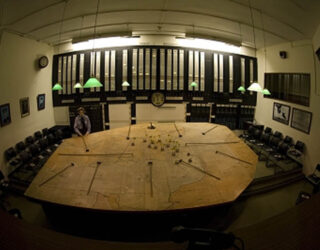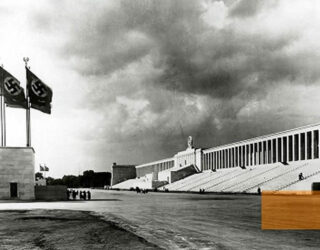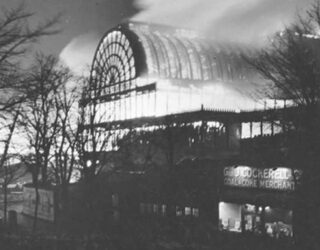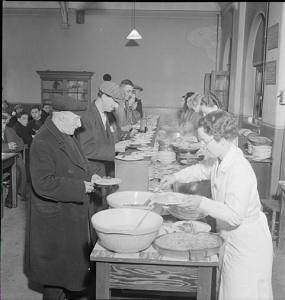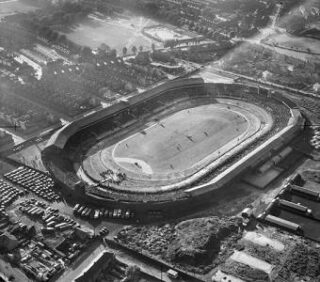About The Speaker...
Author of three books about twentieth-century history – on Second World War secret sites, Nazi architecture and the stories of British places affected by news events. Available as a speaker on the subjects of his books and as an experienced chair and interviewer at literary festivals and cultural events. I have twenty-five years programme-making and journalism experience at the BBC plus eight years as a national museum director. I am based in North Yorkshire and available to give talks in person within a reasonable distance of my home but also by Zoom to anywhere in the world.
About Their Talks...
When the State Ran Restaurants – The idea that the Government might operate restaurants seems alien to us in 21st century Britain. However, that is exactly what happened in the Second World War. By 1943, more than 2,000 restaurants had been set up, serving 600,000 meals a day up and down the country. They were opened initially to provide meals for people bombed out of their homes but they were adopted as national policy and later named ‘British Restaurants ‘, a title apparently given them by Winston Churchill. Colin’s talk reveals the sort of meals people could get at very low prices and explains how they were part of a political response to the perceived unfairness of wartime rationing. He also reveals why many of these state-run restaurants continued after the war with some still operating well into the 1950s, even one into the 1970s.
Ghost Grounds – In almost every place in Britain from big cities to smaller towns, you will find examples of grounds where people used to flock in great numbers to watch sport or to gather for entertainment. Many are now completely disappeared, often covered by new housing estates or retail parks. Some remain either reinvented with a new purpose; others are just left abandoned and unloved. Colin’s illustrated talk uncovers venues all over the country and tells their stories with the help of fascinating archive pictures and film. It would include former stadia and grounds used for football, cricket, rugby, athletics, horseracing, boxing, swimming and other sports. It would explain the story of each venue and why it was abandoned or closed but would also draw conclusions about the economic and other factors that led to closure.
Fee:
I charge a basic fee of £75. In addition, I would normally charge mileage at 45p per mile for journeys beyond North Yorkshire but I am open to discussion on this.



